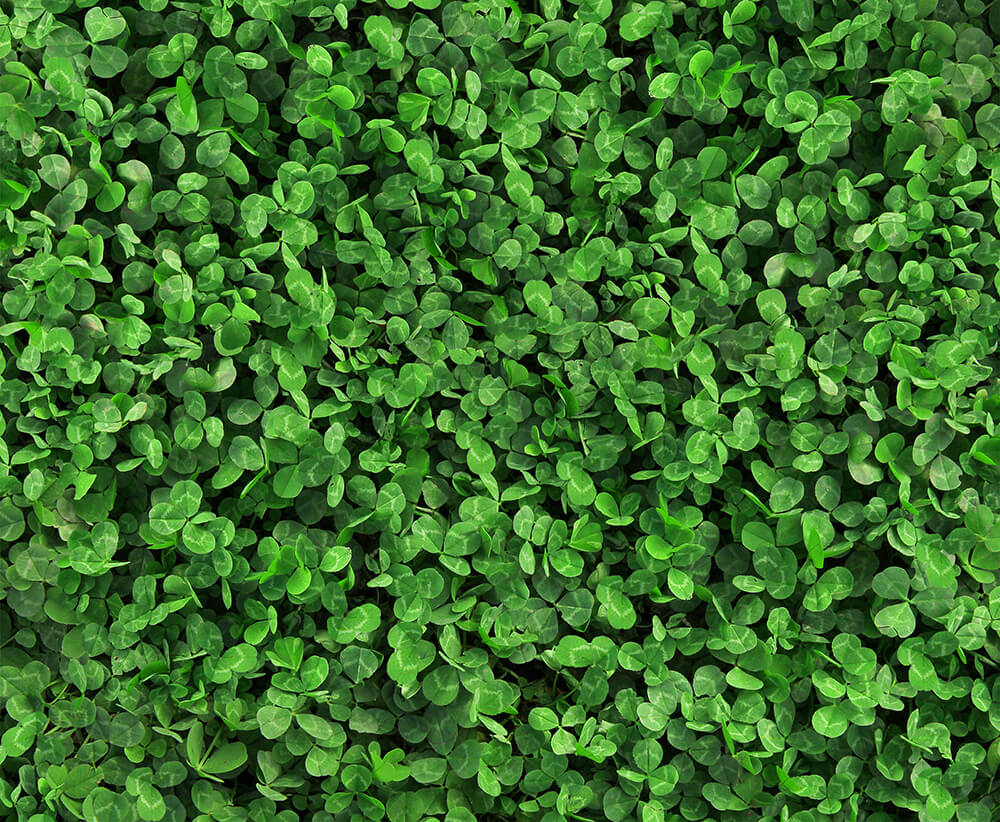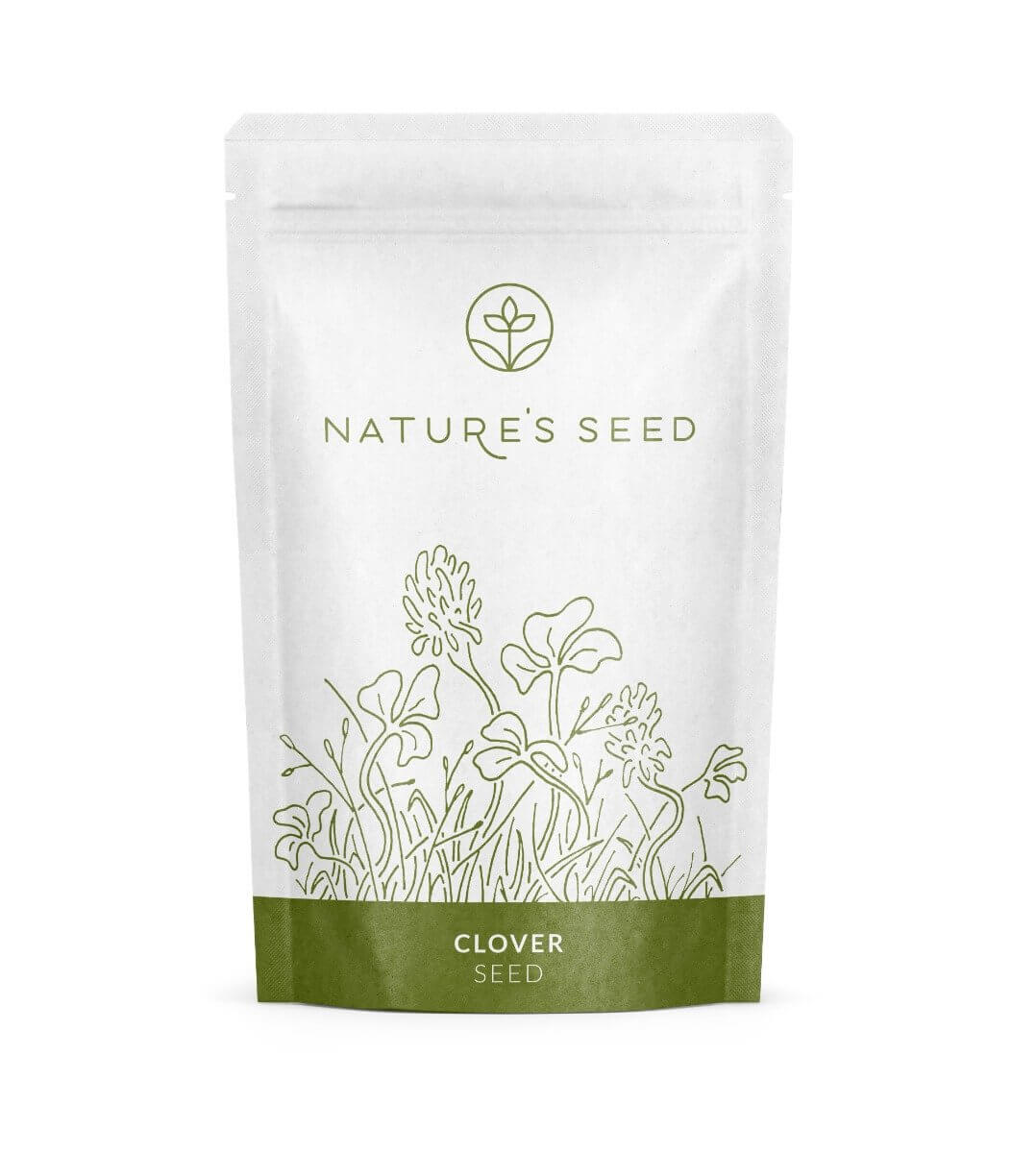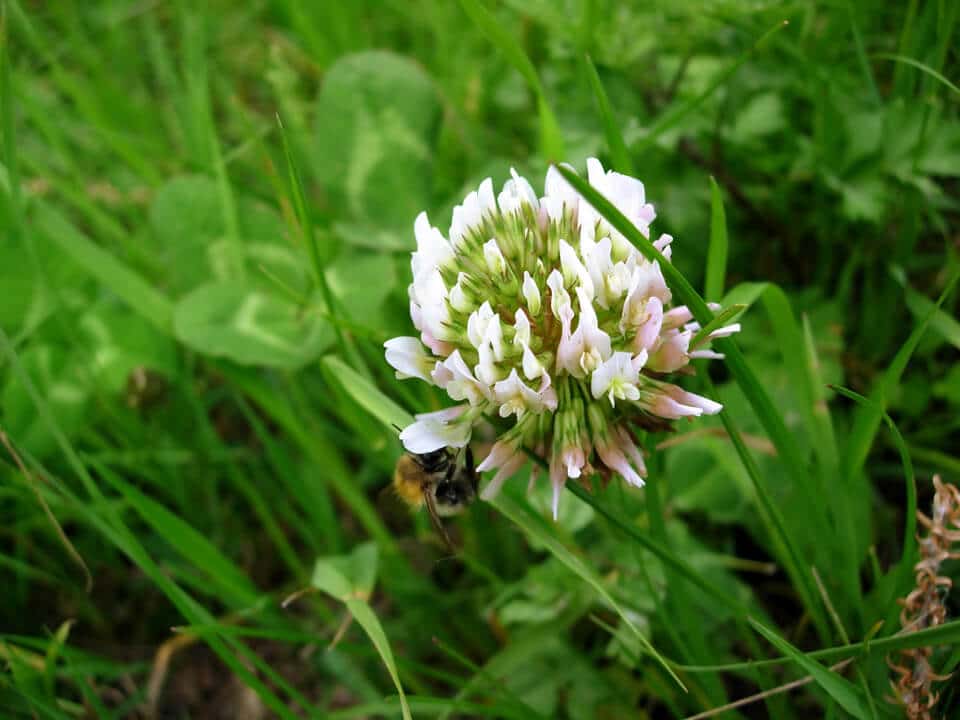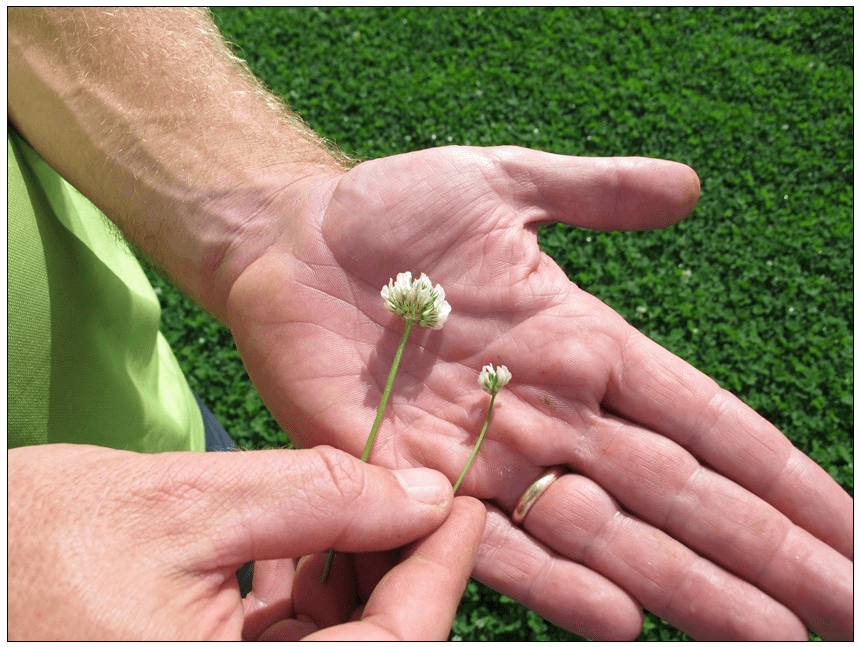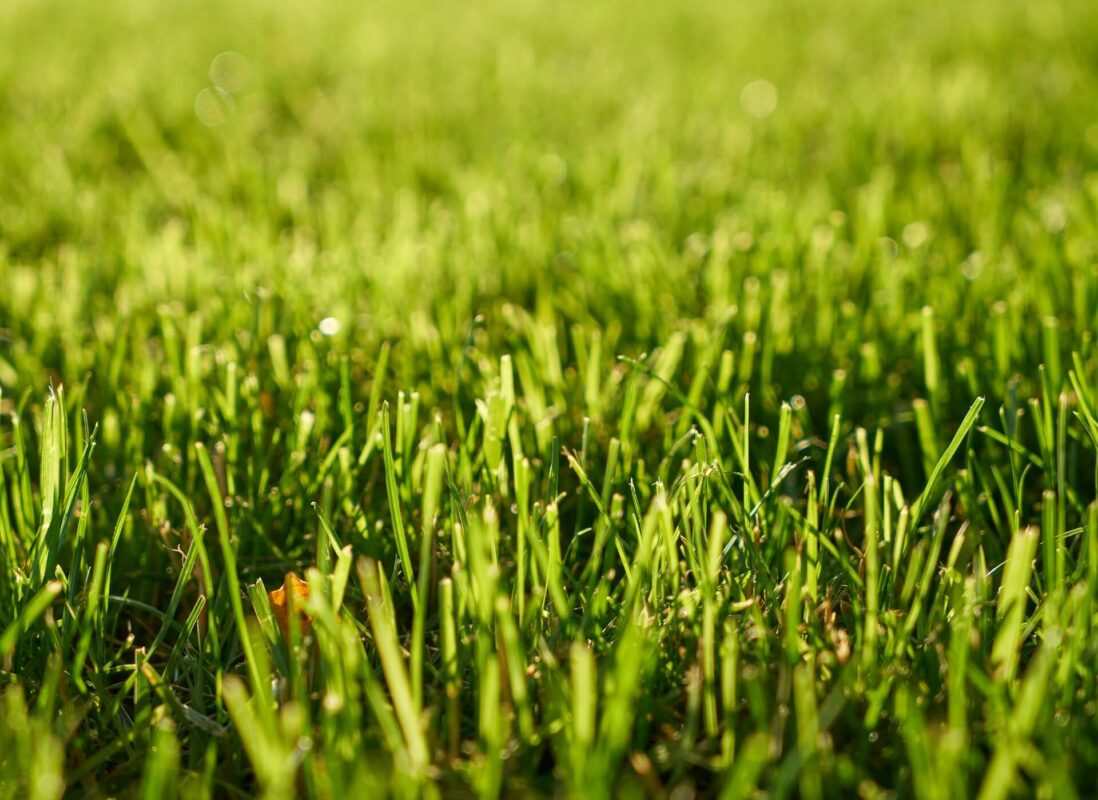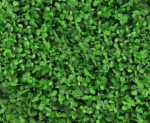
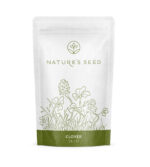
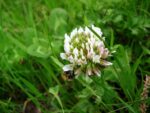
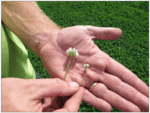
What is White Dutch Clover?
White Dutch Clover (Trifolium repens) is a hardy, low-growing perennial ground cover perfect for lawns and pastures. Thriving in a range of soils, it enriches soil with nitrogen, offers lush green coverage with white blooms, attracts pollinators, and suppresses weeds, making it an eco-friendly, low-maintenance choice.
Specifications
Sun Requirement
Full Sun to Partial Shade
Soil Preference
Moist, well-drained, fertile soils
Soil pH
6.0–7.0
Time to Maturity
~8–12 weeks
Height when mature
4–8 inches
Seeding Rate
8–10 lbs/acre
Planting Depth
1/8 inch
White Dutch Clover
Trifolium repens 'Dutch' | SKU: S-DUTCH
Check your ZIP code to know if this seed works for you
Check Your ZIP Code
×Enter your ZIP code to see if this seed works in your region:
Why Choose This Seed?

Fast Establishment
Rapid germination and spread provide quick ground cover, helping to outcompete and suppress weeds.
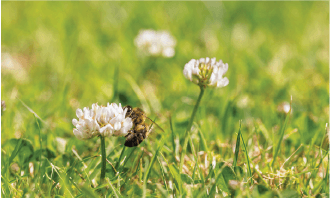
Pollinator Friendly
Abundant white flowers attract bees, butterflies, and beneficial insects, supporting local ecosystems.
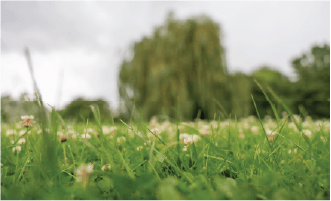
Low-Growing Ground Cover
Perennial clover stays short (4–8″) and mixes well with grasses, creating a lush lawn alternative or pasture understory.
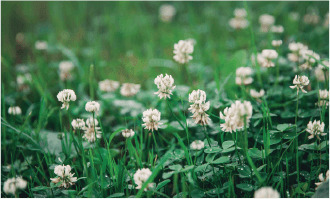
Widely Adapted
White Dutch Clover grows in diverse climates across the U.S., suitable for many regions and conditions.
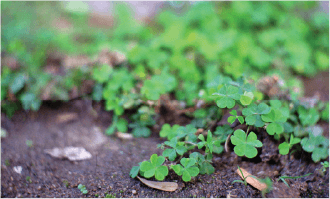
Natural Soil Enricher
This legume fixes nitrogen in the soil, reducing fertilizer needs and improving soil fertility.
Seed Description
Product Details
Sun/Shade
Full sun to partial sun
Height
4–8 inches
Seeding Rate
8–10 lbs per acre
Uses
Lawn mixes, ground cover, erosion control, soil improvement, cover crop, pastures
Color
White blooms
Water
Moderate watering; prefers evenly moist soil but tolerates some drought once established.
Native/Introduced
Introduced
Life Form
Perennial herb (legume/forb)
Product Uses
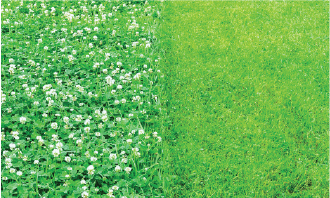
Ground Cover for Lawns
Homeowners often seed white Dutch clover into lawns as a low-maintenance groundcover. It stays green through dry spells and naturally fertilizes the soil by fixing nitrogen, which keeps lawns healthy with less need for watering and synthetic fertilizer.
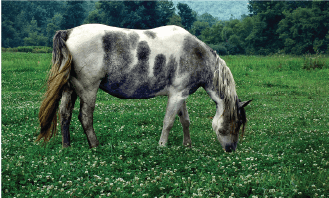
Pasture Improvement
Farmers mix white clover into pasture grasses to boost livestock forage quality and yield. The clover’s protein-rich, highly digestible foliage improves animal weight gain, and its nitrogen-fixing roots fertilize surrounding grass, increasing overall pasture productivity while reducing fertilizer costs.

Soil Health & Nitrogen Fixation
White Dutch clover is widely used as a cover crop or living mulch to enhance soil fertility. Through a symbiotic relationship with soil bacteria, it pulls nitrogen from the air into the soil, reducing the need for chemical fertilizers, and its decaying plant matter adds organic material that improves soil structure and moisture retention.

Pollinator Habitat
White clover’s nectar-rich flowers make it an excellent pollinator plant for both gardens and croplands. Honeybees and bumblebees eagerly visit clover blossoms for nectar and pollen, so planting clover creates a food source that supports local bee populations and overall pollination success.
Questions & Answers
What are the benefits of planting White Dutch Clover?
White Dutch Clover offers numerous benefits for both lawns and pastures. It improves soil fertility by fixing nitrogen from the air, reducing the need for added fertilizer. It forms a dense, low-growing cover that crowds out weeds and helps prevent soil erosion with its extensive root system. The carpet of green is dotted with white blooms that attract honeybees and other pollinators, creating a pollinator-friendly environment. Overall, it provides a lush, resilient ground cover that is both decorative and highly functional in land management.
Will White Dutch Clover grow in my area?
White Dutch Clover is known for its wide adaptability. It can be grown throughout most of the United States and is hardy in roughly USDA Zones 3–10. This clover thrives in temperate climates; it handles cold winters and warm summers well, provided there is adequate moisture. Whether you’re in the North or South, as long as you plant at appropriate times (avoiding extreme heat or deep frost), White Dutch Clover should establish successfully in your region.
When and how should I plant White Dutch Clover?
The best times to plant White Dutch Clover are in the cooler, wetter periods of spring or fall. In northern areas, sow seeds in early spring or in late summer going into fall; in southern regions, late winter to early spring or fall plantings are recommended for best results. Plant the seeds by broadcasting them over a prepared seedbed – do not cover them deeply, as they need light to germinate. A planting depth of about 1/8 inch is ideal (just lightly rake them into the soil). After sowing, keep the soil surface moist until germination, which typically occurs in about 7–14 days under optimal conditions. With sufficient moisture, the clover will establish quickly, reaching maturity (full ground cover and first blooms) in roughly 8–12 weeks.
Can I use White Dutch Clover as a lawn or mix it with my grass lawn?
White Dutch Clover can be an excellent lawn alternative or companion to turf grass. In fact, clover is a popular eco-friendly addition to lawns. For a mixed clover/grass lawn, experts recommend keeping clover seed to about 5% of the mix by weight. Clover has a low habit (4–8 inches tall) meaning it blends well with grass and often requires less frequent mowing. It tolerates regular mowing and foot traffic – it holds up well even in play areas or where pets roam. A clover lawn stays green and thick through summer (even during moderate drought), and it naturally supplies nitrogen to the grass, reducing fertilizer needs for your lawn. Many homeowners love that a clover lawn remains lush and green with minimal watering or maintenance.
Is White Dutch Clover good for pastures and livestock grazing?
Yes, White Dutch Clover is widely used in pastures to improve forage. It is often mixed into grass pasture seed blends to boost the pasture’s nutrition and yield. Clover is high in protein and highly digestible, so it enhances the overall forage quality for grazing animals. One big advantage is that clover in the pasture provides natural nitrogen fertilizer for the grasses – farmers find they can apply much less N fertilizer when clover is present, since the clover’s nitrogen-fixing ability feeds the companion grass. White Dutch Clover is a low-growing legume, so it tolerates grazing well; in fact, it can be grazed down to about 1–2 inches without killing the plants, as long as the pasture is managed to give the clover periods to recover and regrow. Overall, including White Dutch Clover in pastures leads to a more nutritious, self-sustaining feed for livestock.
How tall does White Dutch Clover grow, and will I need to mow it?
White Dutch Clover stays relatively short, which means little to no mowing in many cases. It typically grows about 4–8 inches tall when mature. Because of this low profile, a pure clover ground cover or clover lawn usually doesn’t require regular mowing. If used in a lawn mix with grass, you might mow occasionally just to keep the grass in check or to tidy up spent flowers, but the clover itself can handle close mowing well if needed. Many people find that a clover-dominant lawn needs mowing far less often than a traditional grass lawn (sometimes not at all in summer). Its height and growth habit make White Dutch Clover an easy, low-maintenance option.
Still have
questions?
Our planting experts
are here to help.
customercare@naturesseed.com
Response time:
Within 1 business day
Reviews
| Dimensions | 6 in |
|---|---|
| Sun/Shade | |
| Est Rate | |
| Texture | |
| Height | |
| Seeding Rate | |
| Uses | , , , , , , |
| Color | |
| Water | |
| Native | |
| Life Form | |
| Lowest price | |
| Coverage Area | , , |
Related Products
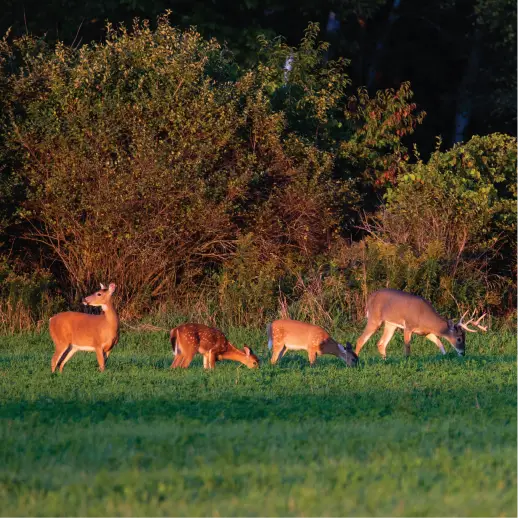
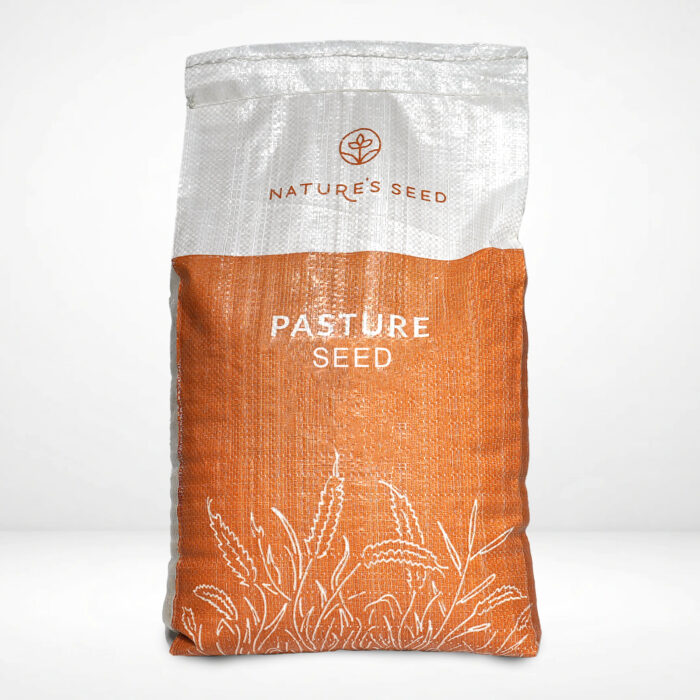
Big Game Food Plot & Forage Mix
(4.7) - 145 reviews
$2.40/lb
Bison
Northern USDA Regions (3-5), Southern USDA Regions (8-10), Transitional USDA Regions (6-8)
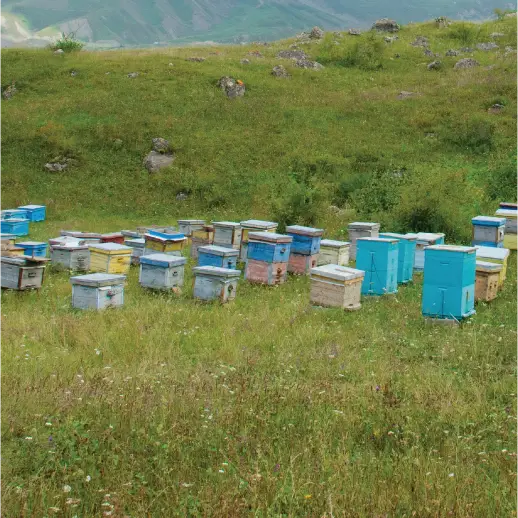

Honey Bee Cover Crop & Pasture Mix
(4.7) - 145 reviews
$10.00/lb
Honey Bee
Northern USDA Regions (3-5), Southern USDA Regions (8-10), Transitional USDA Regions (6-8)
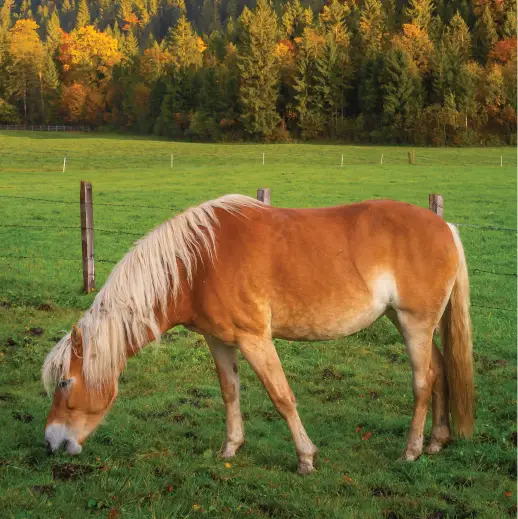

Horse Pasture Mix – Transitional
(4.7) - 145 reviews
$4.20/lb
Horse
Transitional USDA Regions (6-8)

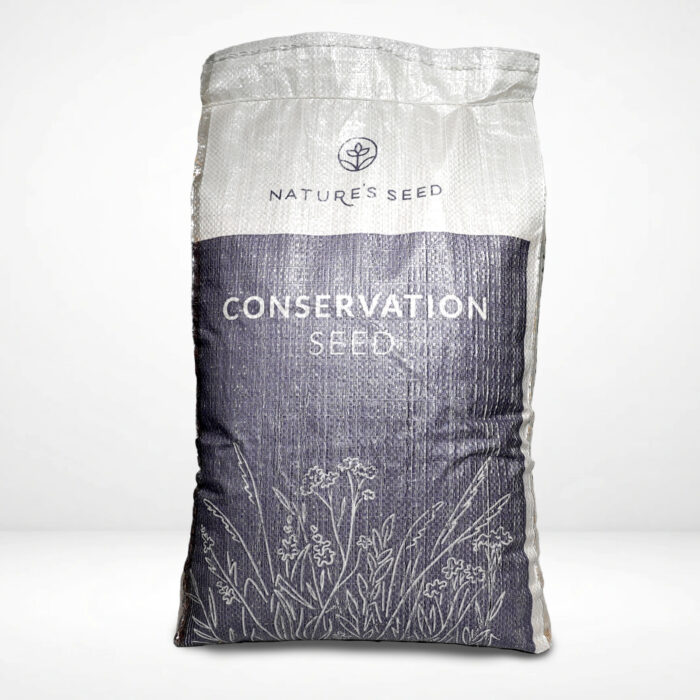
Native Dryland & Erosion Control Mix
(4.7) - 145 reviews
$8.60/lb
Erosion control, dryland reclamation, native pasture, wildlife habitat, slope stabilization
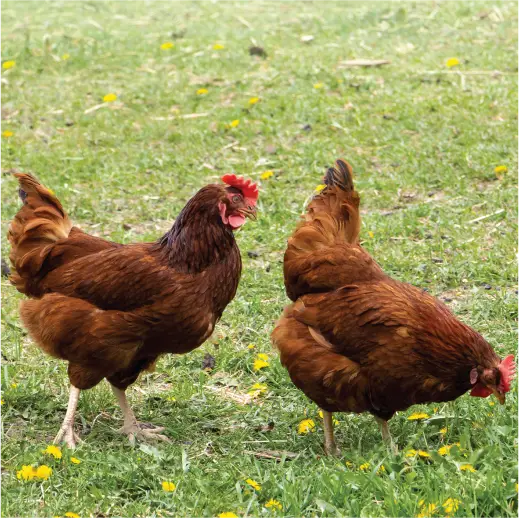
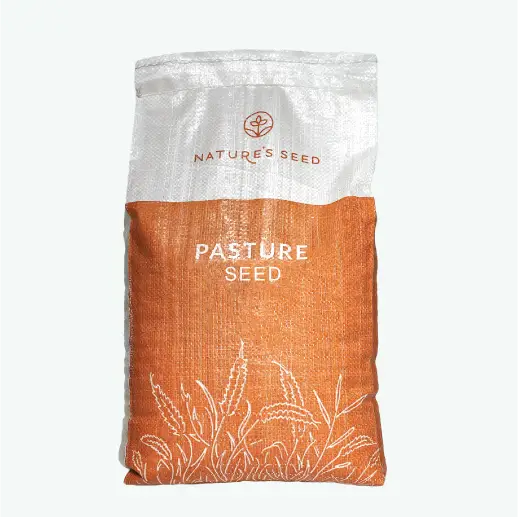
Poultry Pasture & Forage Mix
(4.7) - 145 reviews
$3.20/lb
Poultry
Northern USDA Regions (3-5), Southern USDA Regions (8-10), Transitional USDA Regions (6-8)
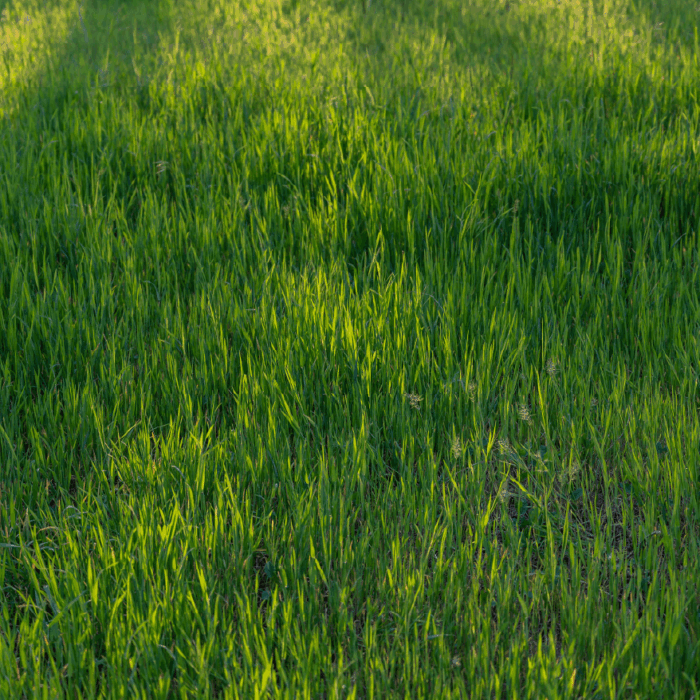
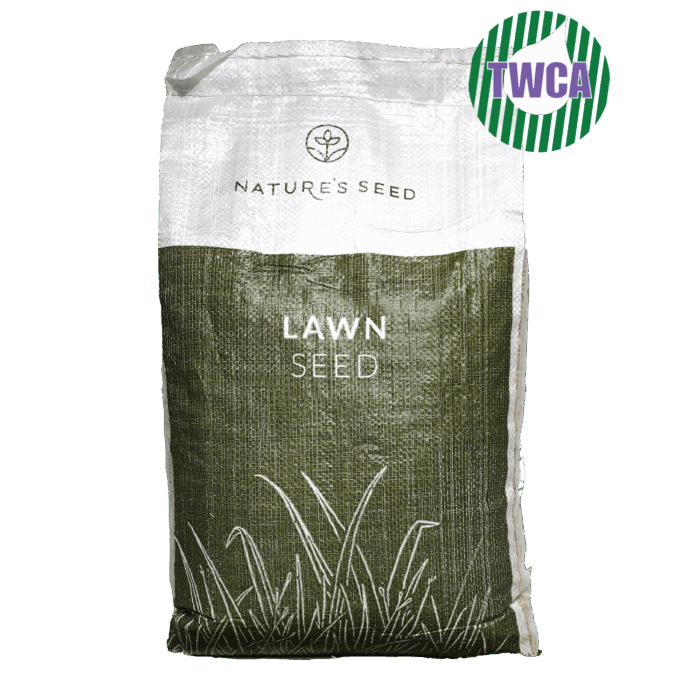
TWCA Water-Wise Shade Mix
(4.7) - 145 reviews
$39.99
5 Lbs - 1,000 Sq FtHome Lawns; Water-Conscious / Drought-Tolerant; Shade-Friendly
Northern USDA Regions (3-5), Transitional USDA Regions (6-8)
